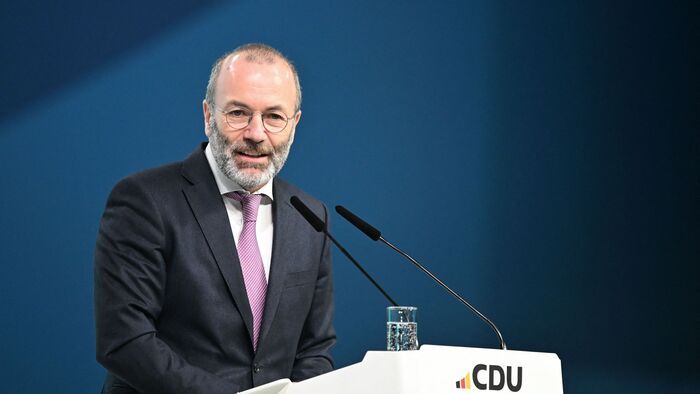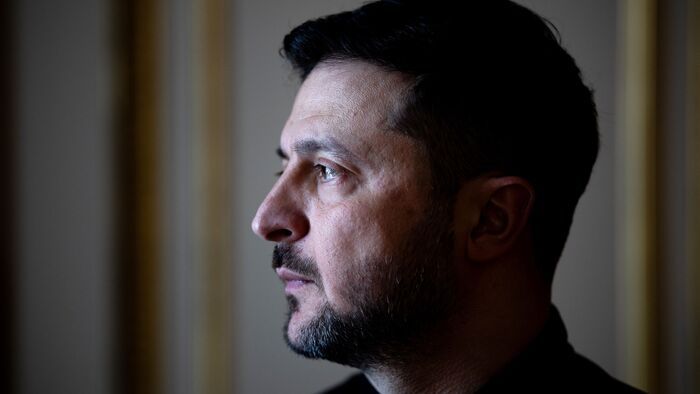It is a mere coincidence that Germany and Austria may both see a change in government within a few months of each other. However, we should not expect a radical rightward shift—at most, a dose of sobriety. This is partly because the Green Party, which has transformed from environmentalists into dogmatic ideologues and is arguably Europe’s most extreme political group, does not seem likely to be part of either new government. We can also anticipate a degree of sobering up in migration policy, as neither of the mainstream coalitions can afford to allow the Alternative for Germany (AfD) or Austria’s Freedom Party (FPÖ) to continue gaining strength.
But unless they change the current immigration situation, this is precisely what will happen, again. Austria’s new chancellor, Christian Stocker of the People’s Party, struck a tough tone in his inaugural address to the Vienna parliament on Friday, repeatedly emphasizing the need to crack down on illegal immigration, abuse of the asylum system, and extremism. Effective immediately, the government is suspending family reunification for refugees—meaning they cannot bring over family members left behind. Stocker even announced that if the number of asylum applications continues to rise, Austria will invoke an emergency clause within the EU to impose a full asylum freeze. These are strong words, but their implementation will be closely scrutinized—especially by the anti-immigration FPÖ, which has seen its popularity soar since the elections. — Anyone who wants to live here permanently must adopt our values, learn our language, and get a job! — thundered the new chancellor, flanked by his Social Democratic vice chancellor and his liberal (!) foreign minister.
What, is the exotic no longer so appealing?
A quarter-century ago, when Friedrich Merz—who is now poised to become Germany’s next chancellor—introduced the concept of Leitkultur (guiding or leading culture) into public discourse, it caused a scandal. When his fellow party member, Jürgen Rüttgers, coined the slogan Kinder statt Inder (children instead of indians)—essentially a German precursor to Hungary’s current family and immigration policies, advocating for native births rather than improving demographics through immigration—it sparked an uproar. Such ideas, critics argued, amounted to racism, or at best, “ethnic nationalism.” The Greens flooded Rüttgers’s mailbox with protests.























Szóljon hozzá!
Jelenleg csak a hozzászólások egy kis részét látja. Hozzászóláshoz és a további kommentek megtekintéséhez lépjen be, vagy regisztráljon!